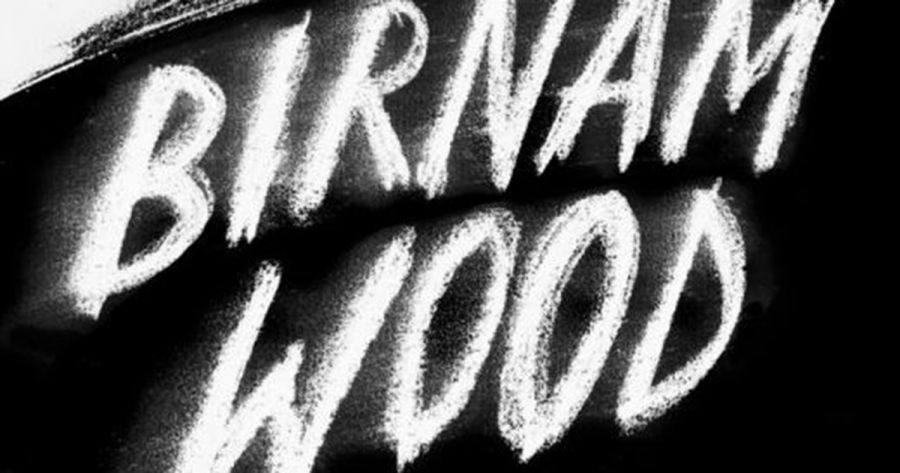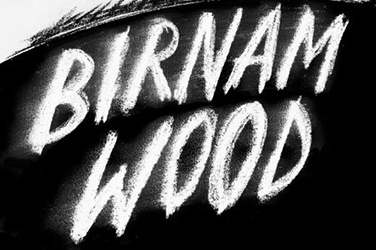
- Free Article: No
- Contents Category: Fiction
- Review Article: Yes
- Article Title: Avant-garden
- Article Subtitle: Privileging reflection over action
- Online Only: No
- Custom Highlight Text:
Eleanor Catton’s Birnam Wood is a thriller that, for much of its length, privileges reflection over action. Thus, when aspiring journalist Tony Gallo makes it back to his car after multiple threats to his life, does he speed away from his potential assassins in search of safety? He does not. Instead, he has a good long ponder.
- Featured Image (400px * 250px):

- Alt Tag (Featured Image): Michael Winkler reviews 'Birnam Wood' by Eleanor Catton
- Book 1 Title: Birnam Wood
- Book 1 Biblio: Granta, $32.99 pb, 432 pp
- Book 1 Cover Small (400 x 600):

- Book 1 Cover (800 x 1200):

Catton’s previous novel, the Booker-winning The Luminaries (2013) had two intriguing organising principles – astrology, and chapter lengths seemingly governed by the golden mean. By contrast, Birnam Wood is split into three sections – beginning, middle, end. It is structured on an exponential curve, so pacing stays sluggishly close to the x-axis for almost half the book. The plot steadily picks up speed through the middle third and is breakneck by the time it smashes into a denouement more ruthless than anticipated.
Great thrillers are economical, propulsive, studded with hooks. Through much of this book, Catton chooses tension-killing disquisition. Action that could be conveyed in a lean sentence is explicated in exasperating detail. It pivots on the idea that a leftist/anarchist collective would willingly accept a large cash donation from a sinister US billionaire who runs a surveillance company, and that, conversely, a villain engaged in an illegal activity worth trillions of dollars, guarded by armed mercenaries, would jeopardise everything by allowing a band of avant-gardeners to squat nearby.
Catton constructs Lemoine – presumably based in part on billionaire Peter Thiel, controversially granted New Zealand citizenship and permitted to purchase wilderness-adjacent land, allegedly as a doomsday bolthole – as the sort of uber-baddy who provided camp fun in golden era James Bond films. ‘Lemoine’s risk appetite tended to be whetted by unforeseen disaster; he experienced the deaths of other people as a challenge, a chance for him to test his own mortality and win.’ As for his heinous activity, ‘If he pulled this off – and he had never failed in any of his ventures yet – he would become, by several orders of magnitude, the richest person who had ever lived.’
The stranglehold of the show-don’t-tell literary mandate has slackened in recent years, happily, but Catton’s insistence on telling is tiring. Consider her explanation of how Lemoine appears to the Darvishes: ‘He was simply a far-sighted, short-selling, risk-embracing kleptocrat, an incarnation of unapologetic zero-sum self-interest, a radical misfit, a “builder” in the Randian sense, a genius, a tyrant, an obsessive, a prophet, a status-symbol survivalist hedging his bets against any number of potential global catastrophes that he himself was doing absolutely nothing to prevent, and might even be taking active measures to encourage if there was a profit to be made, or an advantage to be gained, in the pursuit.’ The satire trudges in heavy boots.
We are told initially that the collective’s unelected leader Mira ‘was quick to punish anything she judged to be a sign of moral weakness, no matter how privately or invisibly it was expressed’. However, with little effort, the evil Lemoine seduces her, a bewildering flaw in the novel’s own . Tony sleeps alone, but warms himself with dreams of proletarian triumph: ‘For once in Tony’s life, the privatising maniacs in power had been impeded; for once in his life, the greed and degradation of their placating free-market dogma had been exposed for what it was!’
The novel has a strong commitment to place, but no Māori characters. Its title links to Macbeth, ideas of hiding in plain sight and moral culpability. There is an earnest desire to engage with political philosophy – especially the tension between ideological purity and achievable action – but the copious dialogue conveying this lacks edge or insight. Ultimately it pushes the cynical and inaccurate idea that selfishness governs all behaviour, whether crusading journalist, anarchic horticulturalist, or multi-billionaire supervillain. This charge of complicity with rapacious capitalism could be fairly brought against sheep-in-wolves’-clothing centrists like the NZ Labour and Australian Labor governments, but the besetting flaw of the left-wingers Catton scolds is impotence, failing to engineer sufficient change while the planet lurches deeper into climate crisis. No selling out – but headed for destruction anyway.


Comments powered by CComment